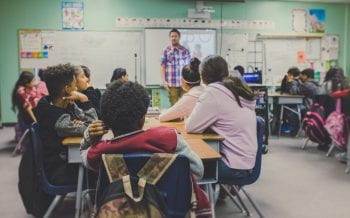Abstract Background Despite the significant relationship between life satisfaction and education, less is known about the connection between life satisfaction and informal learning in the context of training and apprenticeship programs. This paper examines the influence of the LaunchCode program, a novel training and apprentice program in STEM, on participant’s life satisfaction and optimism. We […]
Can training and apprentice programs in STEM increase worker life satisfaction and optimism?












